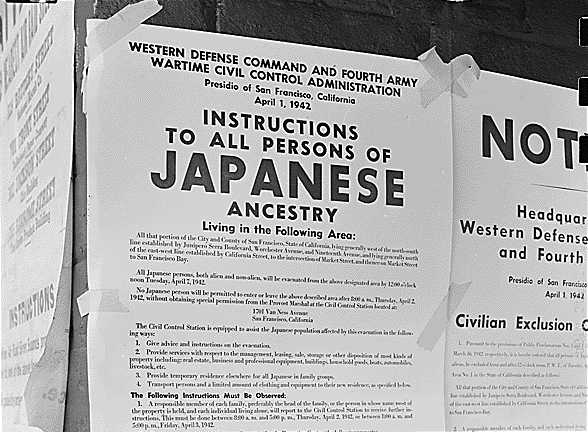
Don’t expect anything profound here, but I wanted to make a very quick observation about the recent Coke commercial controversy. If you didn’t look at social media in the last couple days, you may have missed it. Coke did an advertisement during the Superbowl in which ‘America the Beautiful’ is sung in various languages. This caused some kind of uproar among certain true-blooded Americans. No, not native Americans, Americans whose ancestors immigrated from European counties. Many of which I presume didn’t speak “American”. Thank goodness the internet exists so that these good folk will have a way to vent the racist remarks that they have had to repress for so long. I don’t have anything to add to that conversation that would be enlightening. I’m not sure anyone does.
However, one version of the patriotic rant went something along the lines of…
“When our ancestors immigrated from the their country of origin, no one catered to them and made their life easier in America by making allowances for them to keep speaking their mother tongue. They were forced to learn English if they wanted to make their way in this new world. There was no ‘press 1’ to hear it in their own language.”
My observation doesn’t have anything to do with the truthfulness of this statement or even if it is a right thing to do or not. I simply want to register that the ‘press 1’ accommodation has absolutely nothing to do with welcoming the foreigner into our midst. It has everything to do with capitalism. People who don’t speak English are a definable target market. If ‘pressing 1’ helps a company to sell stuff to them, then you can bet that corporations will ‘welcome’ and ‘accommodate’ all day long. And in the event you were thinking that Coca-Cola was trying to create a beautiful expression of modern multi-cultural America with their insanely expensive Superbowl ad, think again. It’s all about the dolla bills y’all.







